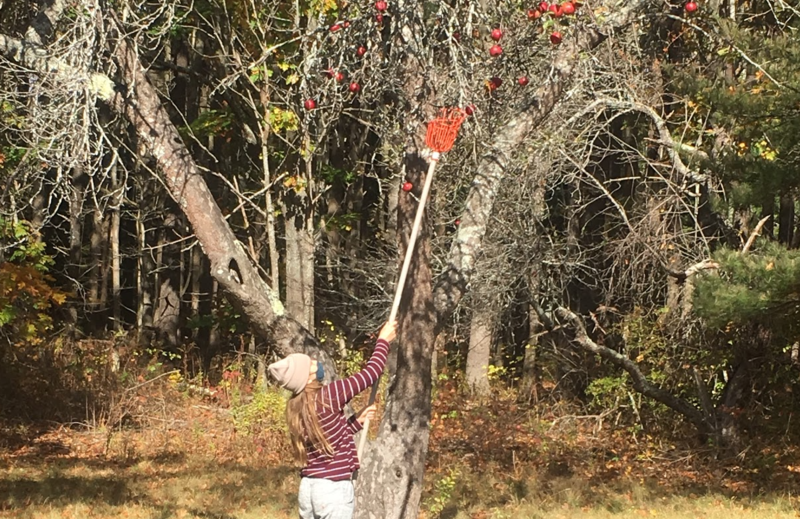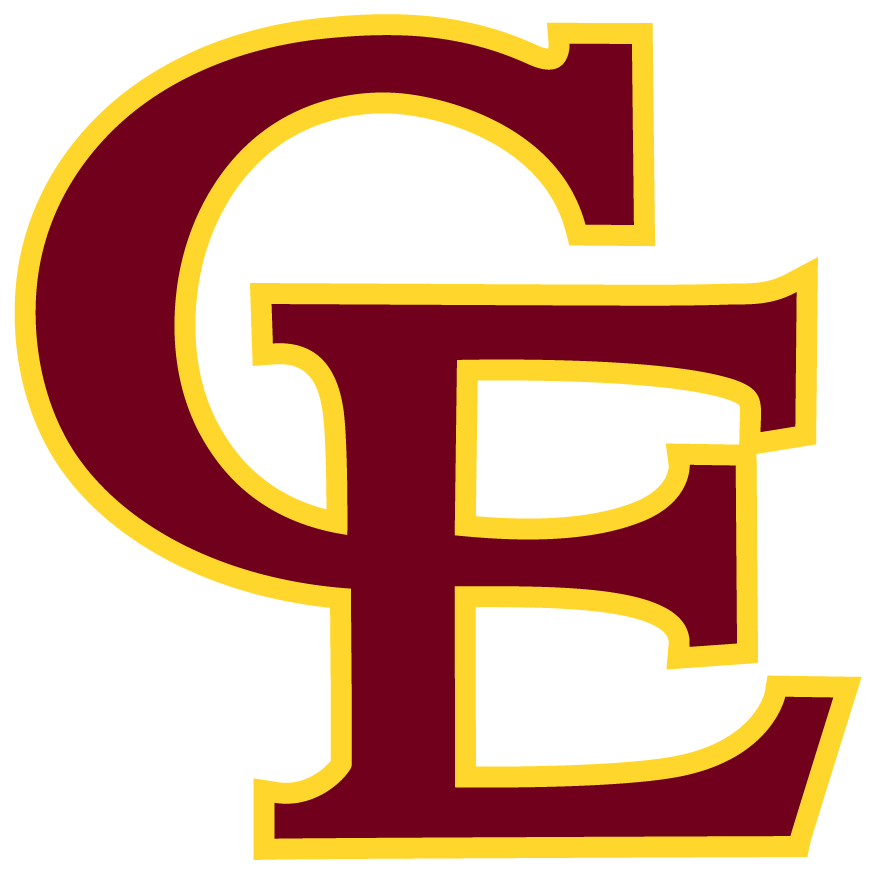Much to the delight of its 7th and 8th grade students, the Experiential Learning program at CEMS continues in full swing -- albeit with some modifications -- despite the limitations created by COVID-19.
Last week, students ventured to Turkey Hill Farm to explore the trails and were also able to sneak in a bit of apple picking. The primary purpose of the trip was to complete an ecosystem services audit of the area. These audits or assessments are a "way to show importance of ecosystem in human life to the society. From the perspective of regional planners, it is a supporting instrument for planning the use of an area. However, it is a really difficult scientific task to implement this assessment, since a lot of competing factors and data should be analyzed and compared."
Back at school this week, students have been wrapping up work on their land use project proposals and they will celebrate in school by watching the videos they created.

The Experiential Learning program, now in its second year, is "a multi-age, interdisciplinary program for 7th and 8th grade students. This means students will work in mixed age groups and tackle projects that interweave science, social studies, language arts and math learning. The program will create an environment for students to connect with the greater community and take ownership of their learning."
Created by Mr. Morgan Kerr and co-taught with Ms. Sashi Kaufman, the program focuses on:
- Depth over Breadth- Our goal is for mastery of learning targets through a cross-curricular exploration of topics, giving students time to immerse themselves in an area of study for an extended period of time to build and retain knowledge.
- Project Based- Through learning projects, students will develop essential skills related to academic learning standards, collaboration, planning, and executive functioning. Using these skills they can apply their knowledge to develop solutions to real-world problems.
- Agency- Create a student-centered environment. Students have the agency and independence to make choices and decisions around their own learning.
- Experiential Place-Based Learning: Students will learn from the community around them and be expected to share their learning and projects with the greater community.

